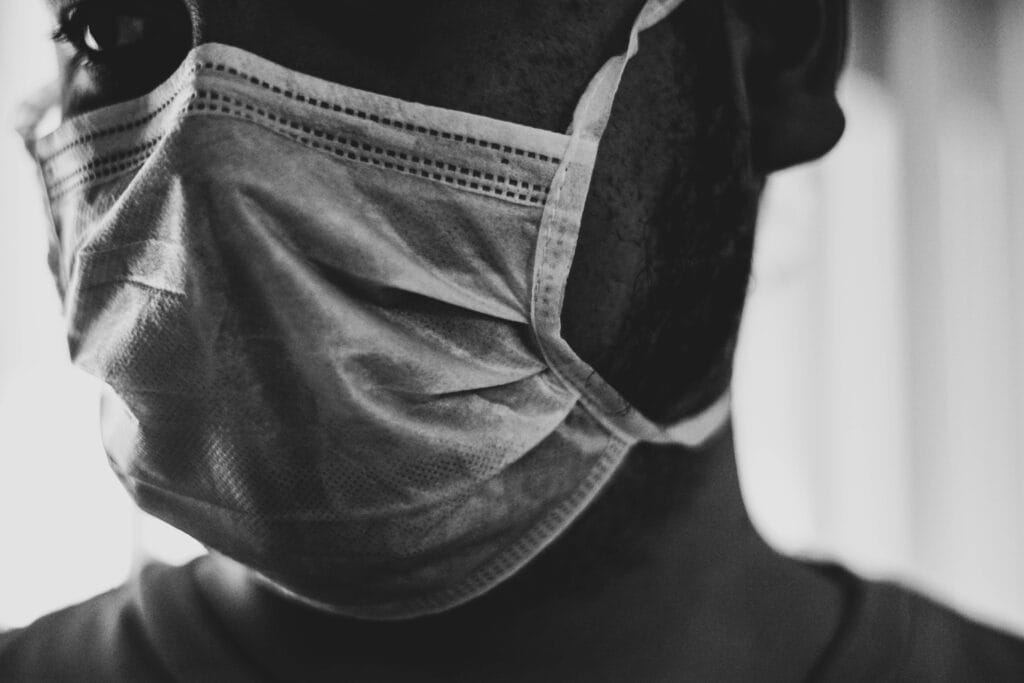
Addressing the Psychological Impact on Medical Professionals
The outbreak of Ebola virus disease (EVD) in West Africa in 2013-2016 was one of the most devastating epidemics in recent history. Not only did it lead to a significant loss of life, with more than 28,000 confirmed cases and 11,000 deaths, but it also had a profound impact on the mental health of medical professionals.
The psychological impact of EVD on healthcare workers is often referred to as the “hidden toll” of the disease and it is imperative to comprehend the magnitude of this impact and to provide aid to those affected.
The Psychological Impact of EVD on Medical Professionals
The psychological impact of EVD on medical professionals can manifest in various forms, including stress, anxiety, depression, and post-traumatic stress disorder (PTSD). The risk of infection and the fear of transmitting the virus to loved ones can lead to high levels of stress and anxiety. The constant exposure to death and suffering can also take a toll on the mental health of healthcare workers, leading to feelings of hopelessness and helplessness.
Additionally, medical professionals may also experience feelings of guilt and self-blame if they are unable to save the lives of patients infected with EVD. The physical and emotional demands of treating patients with EVD can also lead to burnout and fatigue.
Studies have shown that healthcare workers who were directly involved in the treatment of EVD patients had a higher risk of developing psychological distress. In a study of healthcare workers in Sierra Leone, it was found that 22% of participants met the criteria for PTSD, while another study of healthcare workers in Guinea found that 46% had symptoms of depression.
Furthermore, a study conducted by the World Health Organization (WHO) found that healthcare workers who had been exposed to EVD were 3 times more likely to develop depression, anxiety, or PTSD compared to those who had not been exposed.

Managing the Psychological Impact of EVD
It is essential for medical professionals to have access to mental health support and resources to cope with the psychological impact of EVD. This can include counseling, support groups, and stress-management techniques such as mindfulness and meditation.
It is also vital for healthcare organizations to create a supportive work environment that promotes self-care and resilience among medical professionals. This can include providing psychological support, debriefing sessions, and promoting a culture of open communication and understanding.
Training programs for healthcare workers on how to cope with the psychological impact of EVD should be included in the preparedness and response plan for any future Ebola outbreak.
Furthermore, healthcare organizations should also provide support for medical professionals returning from Ebola-affected areas. This may include debriefing sessions, counseling, and time off to allow for rest and recovery.
Additionally, it is imperative for healthcare organizations to provide ongoing support for medical professionals, as the psychological impact of EVD can be long-lasting.
Conclusion
The outbreak of EVD in West Africa had a significant impact on the mental health of medical professionals. It is imperative to acknowledge the “hidden toll” of EVD and provide support and resources for healthcare workers to cope with the psychological impact of the disease.
Studies have shown that healthcare workers who were directly involved in the treatment of EVD patients had a higher risk of developing psychological distress. By providing appropriate support, training, and promoting a culture of self-care and resilience, healthcare organizations can assist medical professionals to cope with the emotional demands of treating patients with EVD and also to be prepared for any future outbreak.

Article written by Beni












